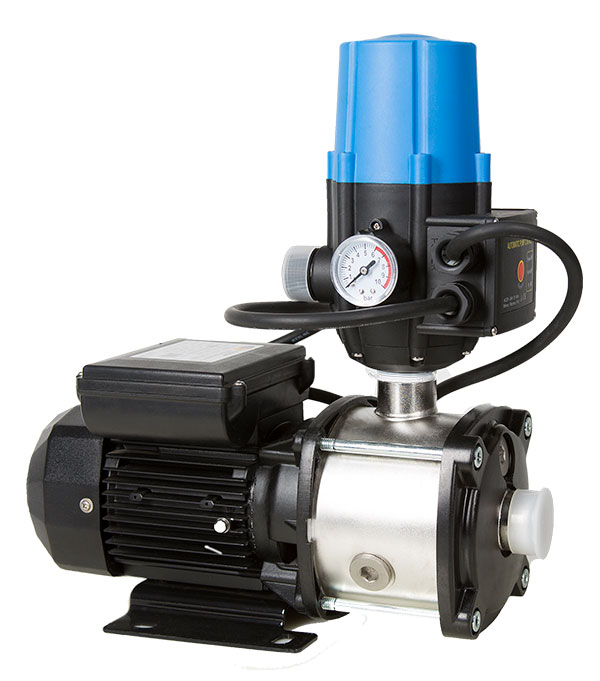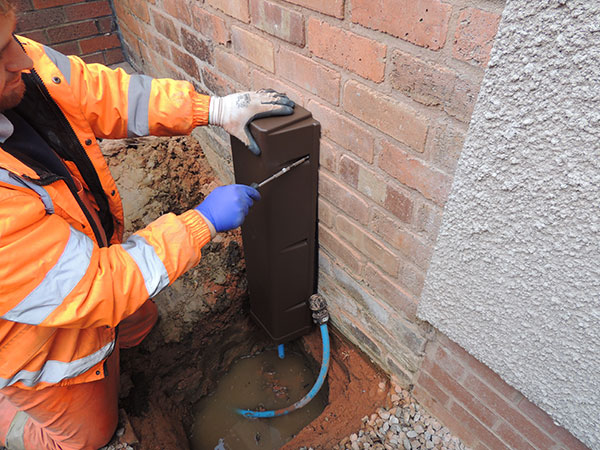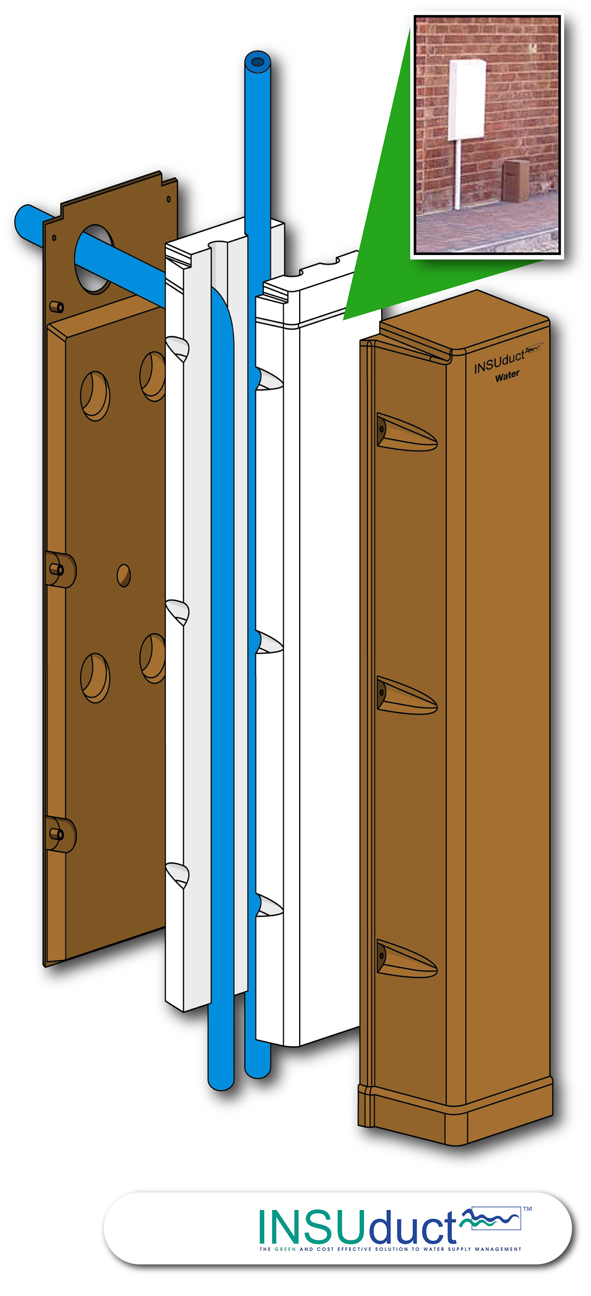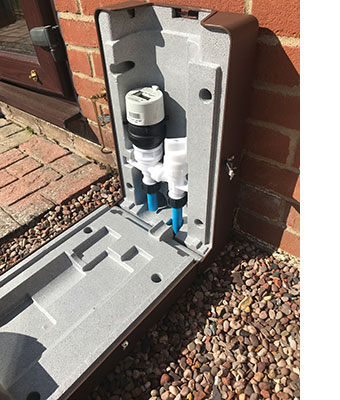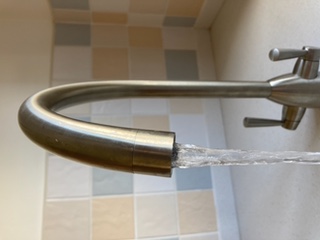What’s Smart about burying a Smart Meter?

Smart meters are seen as a significant part of the solution to reducing domestic water usage. Thames Water have recorded post installation savings of 12-17%.1 However, existing infrastructure does not provide the best environment for this new technology.
- Read more about What’s Smart about burying a Smart Meter?
- Log in to post comments
















